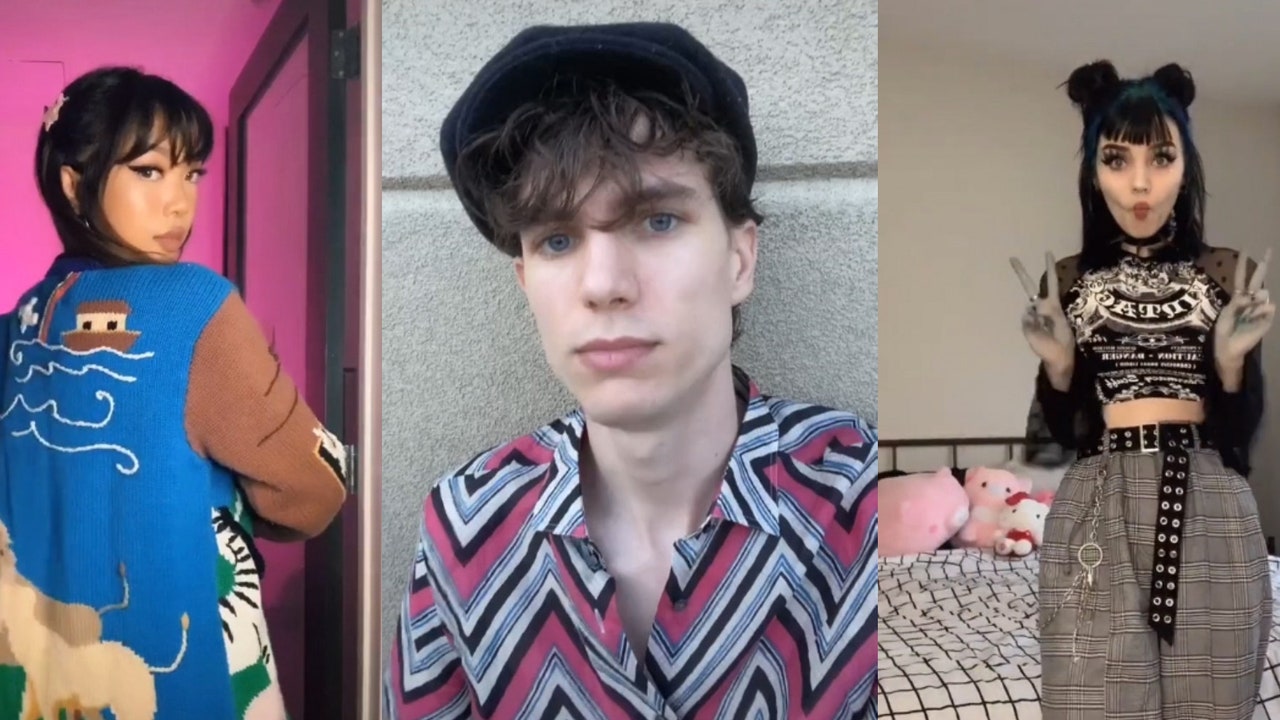Marc Sebastian, profiled for Vogue here, is a stylist and model with over 400,000 followers. He thinks the possible ban is simply a form of retaliation from Trump, whose rally in Tulsa, Oklahoma was sabotaged by TikTok users back in in June. (They played a role in its low attendance; creators encouraged each other to file more than half a million ticket requests for the rally, leading organizers to think its 19,000 seat capacity would be sold out.) “Isn’t it just so funny that the kids on TikTok ruined that rally for Trump and then a week later the Trump administration talks about banning the app due to ‘privacy concerns,’” he tells Vogue. Sebastian adds that while TikTok isn’t perfect, privacy concerns is not a main issue users should be worried about. “None of our information is actually stored in China, it’s all in Singapore and here in the U.S.,” he says. “I do think TikTok has a lot of kinks to work out, but the ban isn’t happening.”
While many of the creators don’t seem too phased by the possible ban, many of them do have have back-up plans lined up. Nava Rose, a TikTok DIY star with over 2 million followers, is already thinking about her next steps. “If the ban does happen, it would totally suck since TikTok is my biggest platform, but I’ll still continue to create on Instagram and Youtube.” Jones echoes the sentiment as well. “I have almost half a million followers on Instagram, which I’m very grateful for,” she says. “Luckily, I would still have an audience to create for, but it’s a very different community. I’m also getting ready to launch a YouTube channel with longer content, fashion videos, and makeup tutorials. That’s a step I’m going to take regardless.”
Fellow social media apps are also preparing to innovate on new platforms, should TikTok be banned. Facebook, for instance, is currently developing Instagram Reels. Expected to roll out in August, Reels allows users to create and share short-form video content on the Explore page using music and audio soundtracks, much like TikTok. It’s a more video-centric approach for the app, which has typically been more photo-based.
It wouldn’t be the first time Instagram has stepped up to keep up, of course. It did the same when it rolled out Stories in 2016, a counteraction to rival Snapchap’s more candid, off-the-cuff posting method.
